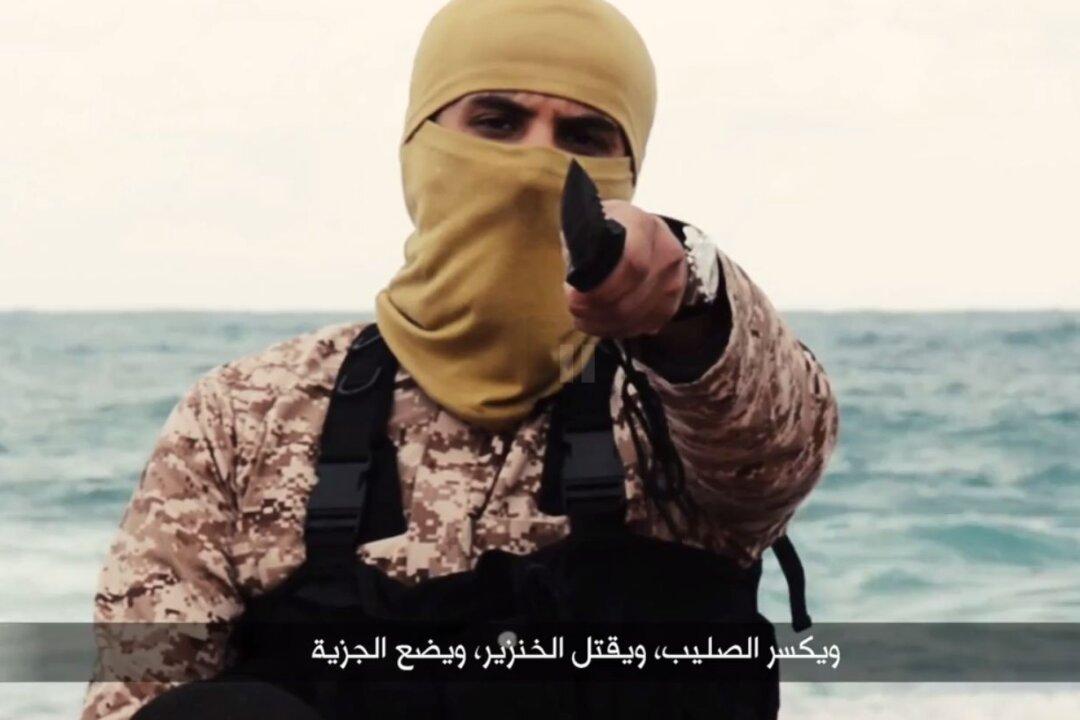Franklin Graham, the preacher son of Billy Graham, said that the Islamic State in Iraq and Syria (ISIS) will have to face the music sooner or later.
“The storm is coming,” he says on his Facebook page. “Can you imagine the outcry if 21 Muslims had been beheaded by Christians? Where is the universal condemnation by Muslim leaders around the world?” he adds.
Over the weekend, members of ISIS in Libya apparently beheaded 21 Coptic Christians on a beach, recorded it, and uploaded the video of the act.
Graham, in a heavily shared post on Facebook, said he was wondering why President Barack Obama didn’t issue a stronger statement at this week’s terrorism conference.
He also wrote: “I am perplexed as to why our President will not acknowledge the truth and call Islamic extremism what it is. In a statement the White House even called the 21 Christians who were beheaded ‘Egyptian citizens,’ refusing to identify them as Christians. The truth is--their barbaric murderers openly said they killed them because they were ‘people of the cross.’ Why is the President seemingly continuing to protect Islam and refusing to open his eyes to the truth?”
Graham added that ISIS “really shouldn’t shock us--it is fully in keeping with their ultimate agenda of hastening a final apocalypse.”
His comments come as reports on Friday said the Iraqi military announced it is going to launch an offensive against fighters with ISIS. And as the Islamic State group tries to expand and take root across the Middle East, it is struggling in Syria — part of its heartland — where it has stalled or even lost ground while fighting multiple enemies on several fronts.
Signs of tension and power struggles are emerging among the ranks of its foreign fighters.
The extremists remain a formidable force, and the group’s hold on about a third of Iraq and Syria remains firm. But it appears to be on the defensive in Syria for the first time since it swept through the territory last year and is suffering from months of U.S.-led coalition airstrikes and the myriad factions fighting it on the ground.
“They are struggling with new challenges that did not exist before,” said Lina Khatib, director of the Carnegie Middle East Center in Beirut.
Kurdish forces dealt the Islamic State its heaviest setback by driving it from the border town of Kobani in northern Syria last month. Since then, those forces have joined with moderate Syrian rebels to take back about 215 villages in the same area, according to Kurdish commanders and activists, including the Britain-based monitoring group, the Syrian Observatory for Human Rights.
The Associated Press contributed to this report.





